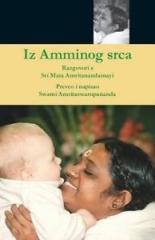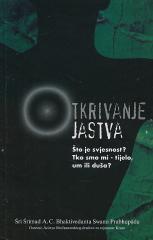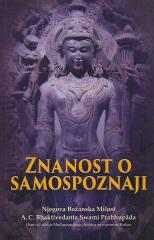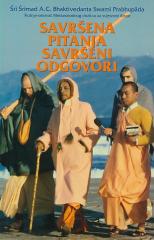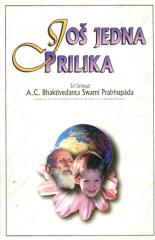
Upanišade
Upanišade su hinduistički spisi koji se smatraju delom Veda. Za njih se koristi izraz vedānta ("kraj Veda"). One su deo veda kojima se nastoji da se sadržina filozofski obrazloži.
Upanišade su drevni sanskritski tekstovi koji sadrže neke od centralnih filozofskih koncepata i ideja hinduizma, deo kojih je zajednički sa religioznim tradicijama kao što su budizam i džainizam.
Najstarije Upanišade potiču iz predbudističkog, a mlađe iz hrišćanskog doba. Upanišade su između 700. i 500. p. n. e. satstavljali šumski asketi kao završne delove Veda. Poznate su i kao šruti, odnosno tekstovi „za slušanje“ i skoro sva njihova učenja u dijaloškoj su formi. Značenje reči upanišada je „sedeći dole pored“ gurua koji prenosi svoja učenja. Zapisano je više od stotinu kompilacija ovih dijaloga, mada je samo njih trinaest prihvaćeno za smriti, odnosno svete spise. Upanišade raspravljaju o odnosu pojedinca i svemira, o prirodi univerzalne duše, o značenju života i prirodi života posle smrti.
Upanišade su prvi tekstovi poštovani među Indijcima koji označavaju ideju da jedno nepromenjivo sopstvo prelazi iz jednog tela u drugo, i to u zavisnosti od postupaka. Tako dobri postupci donose dobre plodove, a loši rezultiraju budućom reinkarnacijom.
Nema primeraka u ponudi
Poslednji primerak je nedavno prodat.
